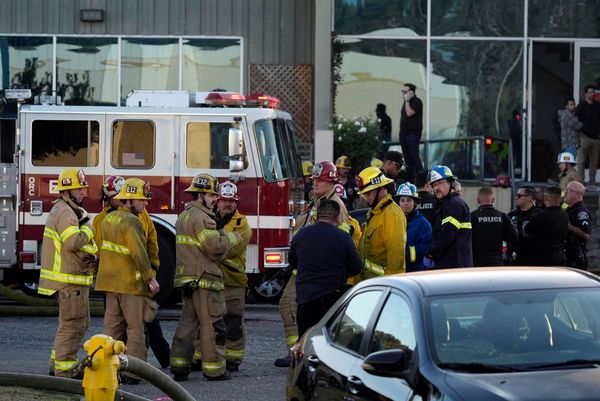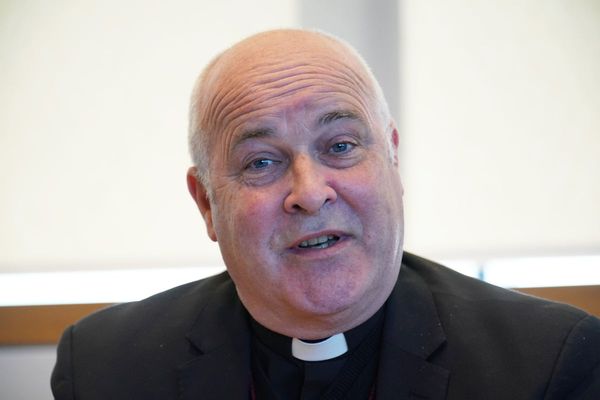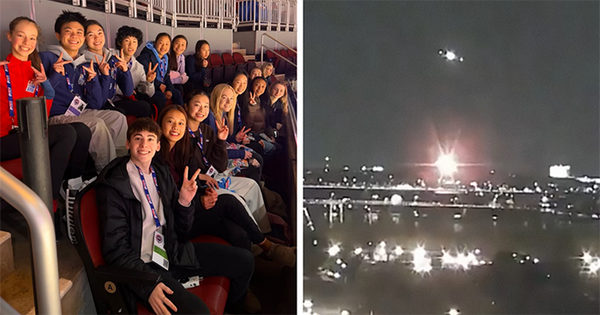
You may be interested to know that there’s a special minister of state in the Albanese government. You likely haven’t heard of him: it’s South Australian Senator (and “powerbroker”) Don Farrell.
Being special minister of state (SMOS) — a position that in the past has been filled by such key Labor figures as Mick Young, Kim Beazley, Susan Ryan and John Faulkner — isn’t Farrell’s day job. That is trade and tourism minister, which occupies an awful lot of Farrell’s time. To give an indication of how busy he is in that role, Farrell has issued 36 media releases about his trade and tourism portfolio this year alone.
It’s fair to say that being SMOS doesn’t attract an equal amount of energy from Farrell. He’s produced 13 media releases as SMOS. Not this year — that’s all of them, since he was appointed after the 2022 election. If you take out media releases about the Voice referendum or parliamentary entitlements, it’s just a handful. He hasn’t given any speeches as SMOS — there’s one on his website, but that turns out to be an op-ed for the NT News. There’s, erm, just four transcripts from Farrell in the role.
Not that we should measure a minister’s achievements by transcripts alone. Farrell has carriage of one of Labor’s most important election commitments — to finally improve the Commonwealth’s political donation laws by radically reducing the disclosure threshold and requiring real time donation disclosure.
That commitment remains resolutely unfulfilled. Farrell held off doing anything to implement Labor’s promise while Parliament’s joint committee on electoral matters conducted its usual inquiry into the conduct of the last election. The committee’s interim report — the first two recommendations of which were reducing the reporting threshold to $1,000 and real-time disclosure — was released last June. Farrell did nothing except issue one of his rare media releases, which said he looked forward to “engaging with colleagues across the Parliament on these vital reforms, as we await the committee’s final report later in the year”.
The committee made its final report last November. All Farrell did was issue another media release: “The government will consider all recommendations in depth, in both the interim and final reports, in preparation for the introduction of legislation.”
Nearly seven months on there’s still nothing — not even a media release. There’s little chance any changes will be in place before the next election. Money given to political parties from next Monday won’t be publicly revealed until February 2026.
What Farrell is good at is convincing journalists in the press gallery that Labor is about to unveil reforms to political donations — but usually on the separate issue, on which it made no commitments, of capping donations. Labor’s goal there is to curtail the capacity of Clive Palmer, and the Climate 200 group, to influence elections. Laws to do that seem eternally “poised” to drop: “Labor poised to cap donations“. “Big money to be taken out of politics in radical electoral overhaul“. “Last hurrah for the big spenders? Inside Labor’s campaign reform balancing act.”
Meanwhile, the gap between the Commonwealth and the states continues to widen on donations accountability. Queensland and NSW have long been far in advance of the Commonwealth on real time donation disclosure. Recently the South Australian Labor government went much further in implementing its 2022 election commitment to ban political donations. After an extended period of drafting the laws — which need to address multiple High Court decisions around political donations and communication — the South Australian government released draft legislation for comment earlier this month.
Constitutional law guru Anne Twomey has identified some concerns about the draft laws, particularly around the relationship between trade unions and the ALP, and the fact that shifting from a donations-based to a public funding-based model for political campaigning favours incumbents. Nonetheless, the Malinauskas government has put before the public a draft model for implementing its election commitment around unprecedented reforms to political donations.
Federal Labor’s commitment involves a minor tweak to the disclosure threshold, and a change that can be based on existing state-based legislation. We know from Crikey’s freedom of information requests that Farrell has had a cabinet submission prepared (he also received briefing from the Finance Department on the joint committee’s interim report, including approving actions and signing a letter that we don’t know about).
But implementing the election commitment has been subsumed within the broader task of curtailing Palmer’s capacity to spend money in elections and kneecapping the teals before they can go after Labor seats. The teals and crossbenchers, meanwhile, have put forward their own model for political donation reform, to Farrell’s confected fury.
The Commonwealth has by far the worst donation disclosure laws in the country. With disclosure of who is trying to influence politicians up to 18 months after they do so, they’re little short of a joke. On Farrell’s watch, they’re likely to stay that way, while the major parties laugh all the way to the bank.
How important is it that the government reform Australia’s political donation laws? Where should it start? Let us know your thoughts by writing to letters@crikey.com.au. Please include your full name to be considered for publication. We reserve the right to edit for length and clarity.







